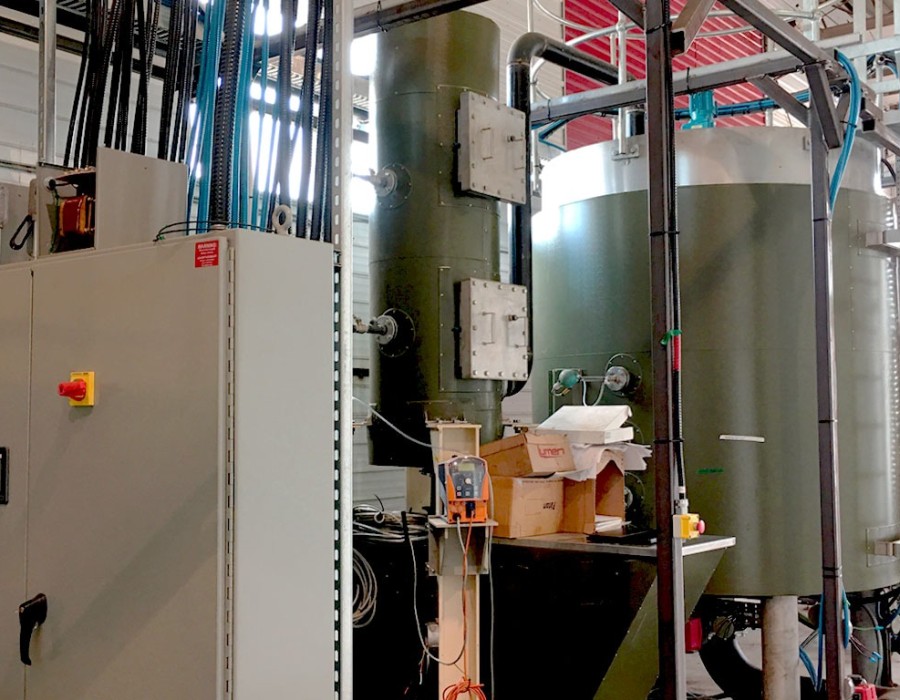In recent years, the United Kingdom has increasingly turned its focus towards innovative solutions for waste management, with Waste to Energy Uk (WtE) technologies emerging as a prominent strategy. This approach not only addresses the growing concerns of waste disposal but also aligns with the UK's sustainability goals by transforming waste into valuable energy resources.
Understanding Waste-to-Energy
Waste-to-energy is a process that converts non-recyclable waste materials into usable heat, electricity, or fuel through various technologies. The primary methods include incineration, anaerobic digestion, and gasification. Each method has its unique benefits and applications, contributing to a diversified energy portfolio.
Incineration: The Most Common Method
Incineration is the most prevalent WtE method in the UK. It involves burning waste at high temperatures, which reduces the volume of waste significantly while producing heat. This heat can be used to generate electricity or district heating. Modern incineration plants are equipped with advanced emission control systems, ensuring that they adhere to stringent environmental standards and minimize harmful emissions.
The UK has invested heavily in incineration infrastructure, with numerous plants operating across the country. These facilities play a crucial role in managing waste that cannot be recycled or composted, thus reducing reliance on landfills.
Anaerobic Digestion: Turning Organic Waste into Energy
Anaerobic digestion is another significant WtE technology, particularly effective for organic waste such as food scraps and agricultural residues. In this process, microorganisms break down organic material in the absence of oxygen, producing biogas composed mainly of methane and carbon dioxide. The biogas can be used to generate electricity or as a vehicle fuel, while the residual digestate can be used as a nutrient-rich fertilizer.
The UK has seen a growing number of anaerobic digestion plants, driven by incentives and support from government policies. These facilities not only help manage organic waste but also contribute to the circular economy by producing renewable energy and reducing greenhouse gas emissions.
Gasification: A Cleaner Alternative
Gasification is a less common but increasingly important WtE technology. It involves heating waste in a low-oxygen environment to produce syngas, a mixture of hydrogen, carbon monoxide, and other gases. Syngas can then be used to generate electricity or be further processed into synthetic fuels.
Gasification offers several advantages over traditional incineration, including higher efficiency and lower emissions. However, it is more complex and expensive to implement, which has limited its widespread adoption in the UK.
Environmental and Economic Benefits
The environmental benefits of WtE technologies are significant. By diverting waste from landfills, WtE helps reduce methane emissions, a potent greenhouse gas. Additionally, modern WtE facilities are designed to minimize air and water pollution, making them a cleaner alternative to older waste management methods.
Economically, WtE contributes to energy security by providing a stable source of renewable energy. It also creates jobs in the construction and operation of WtE facilities, supporting local economies.
Challenges and Future Prospects
Despite the advantages, WtE technologies face challenges. Public perception of incineration plants can be negative, with concerns about emissions and health impacts. To address these issues, transparency and robust environmental regulations are crucial.
Looking ahead, the UK’s commitment to reducing greenhouse gas emissions and increasing renewable energy use will likely drive further innovation and investment in WtE technologies. Continued research and development are essential to enhance the efficiency and sustainability of these processes.
Waste to Energy Plants Uk technologies represent a promising solution to the UK's waste management challenges. By converting waste into valuable energy resources, these technologies not only help manage waste more effectively but also support the country's environmental and economic goals. As the UK continues to advance in this field, waste-to-energy will play an increasingly important role in creating a more sustainable future.





Comments